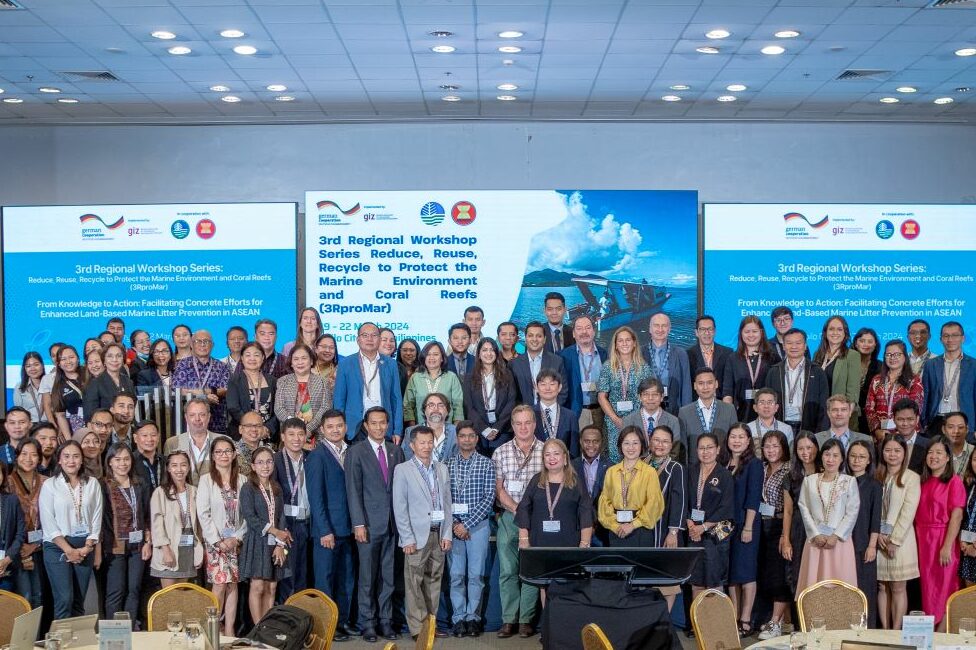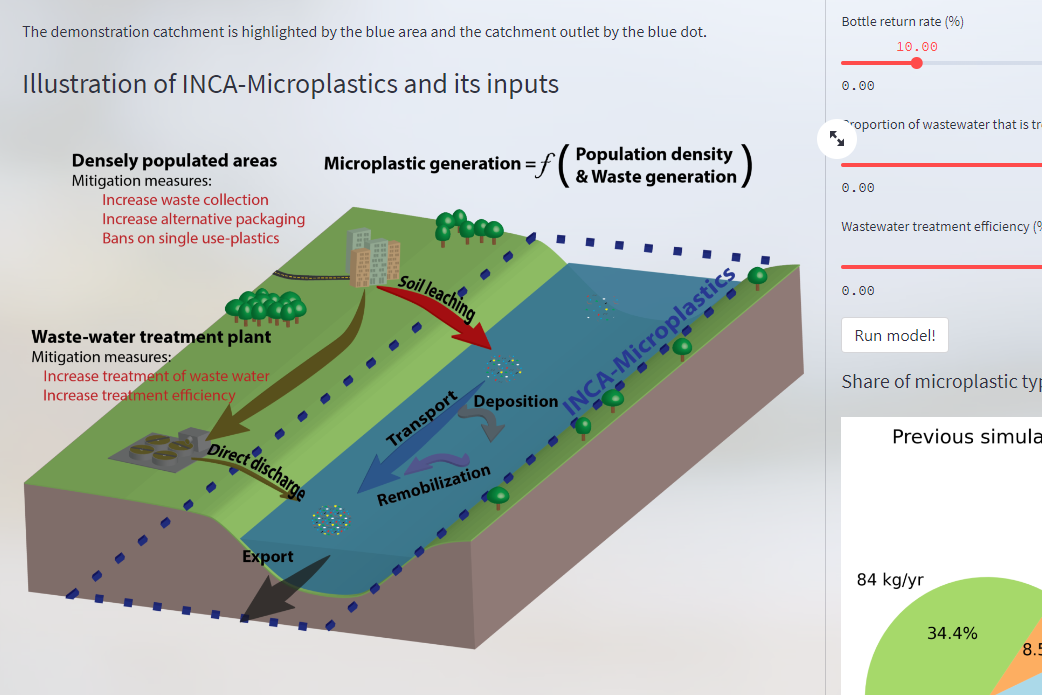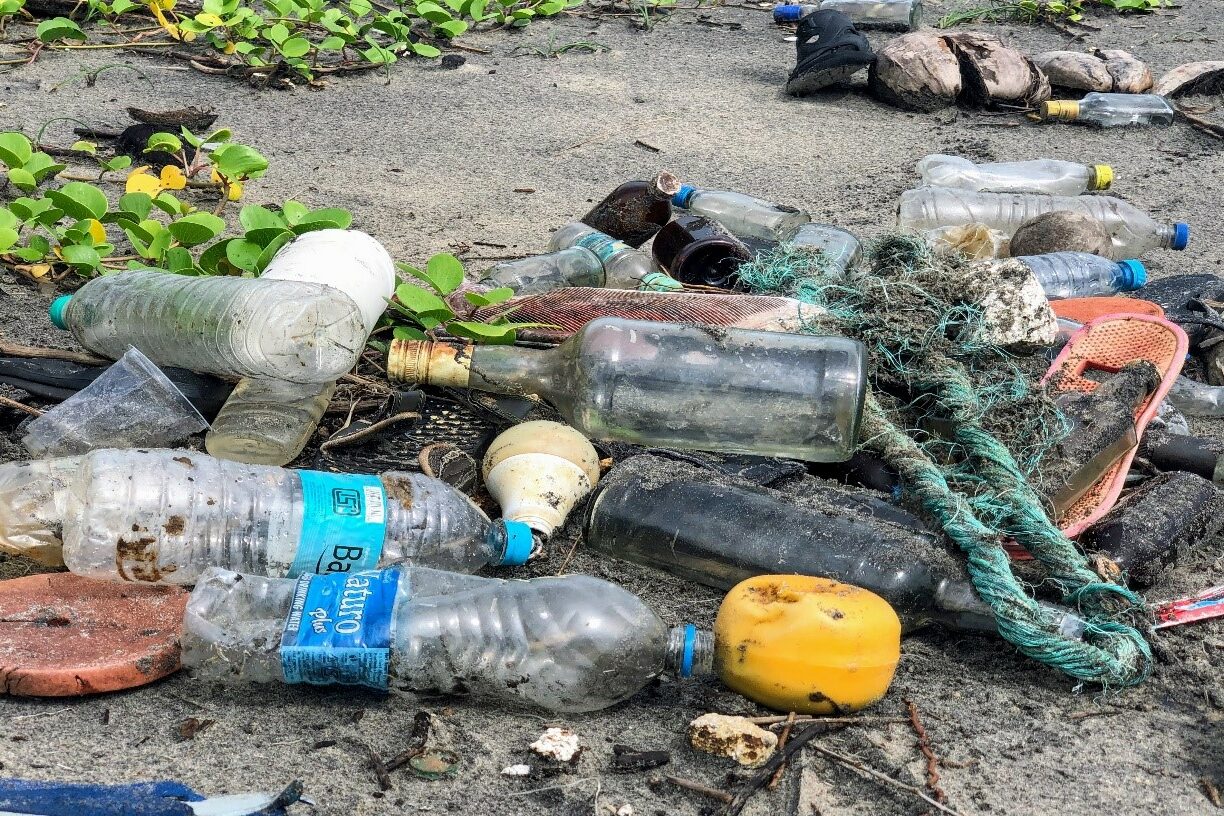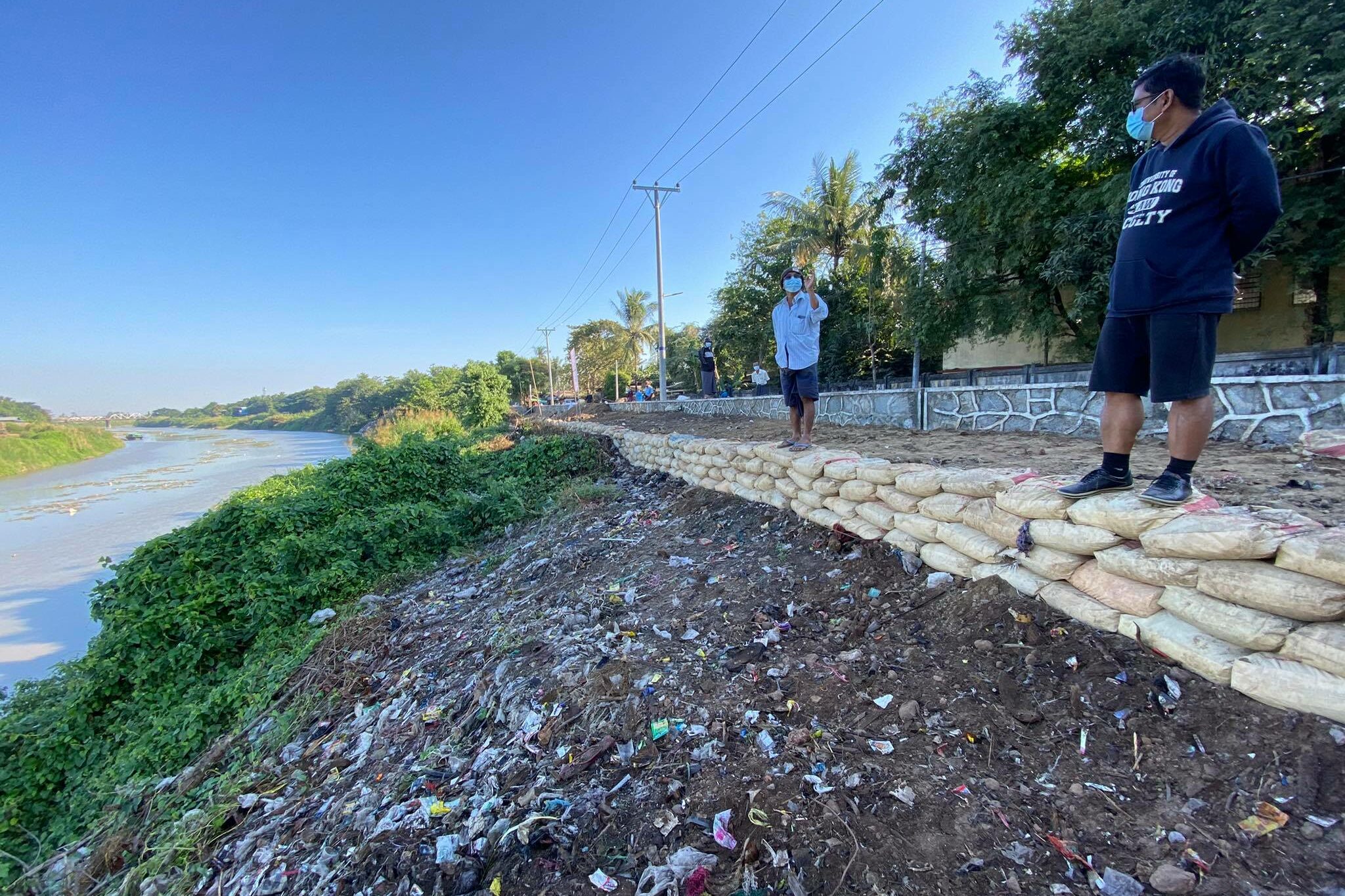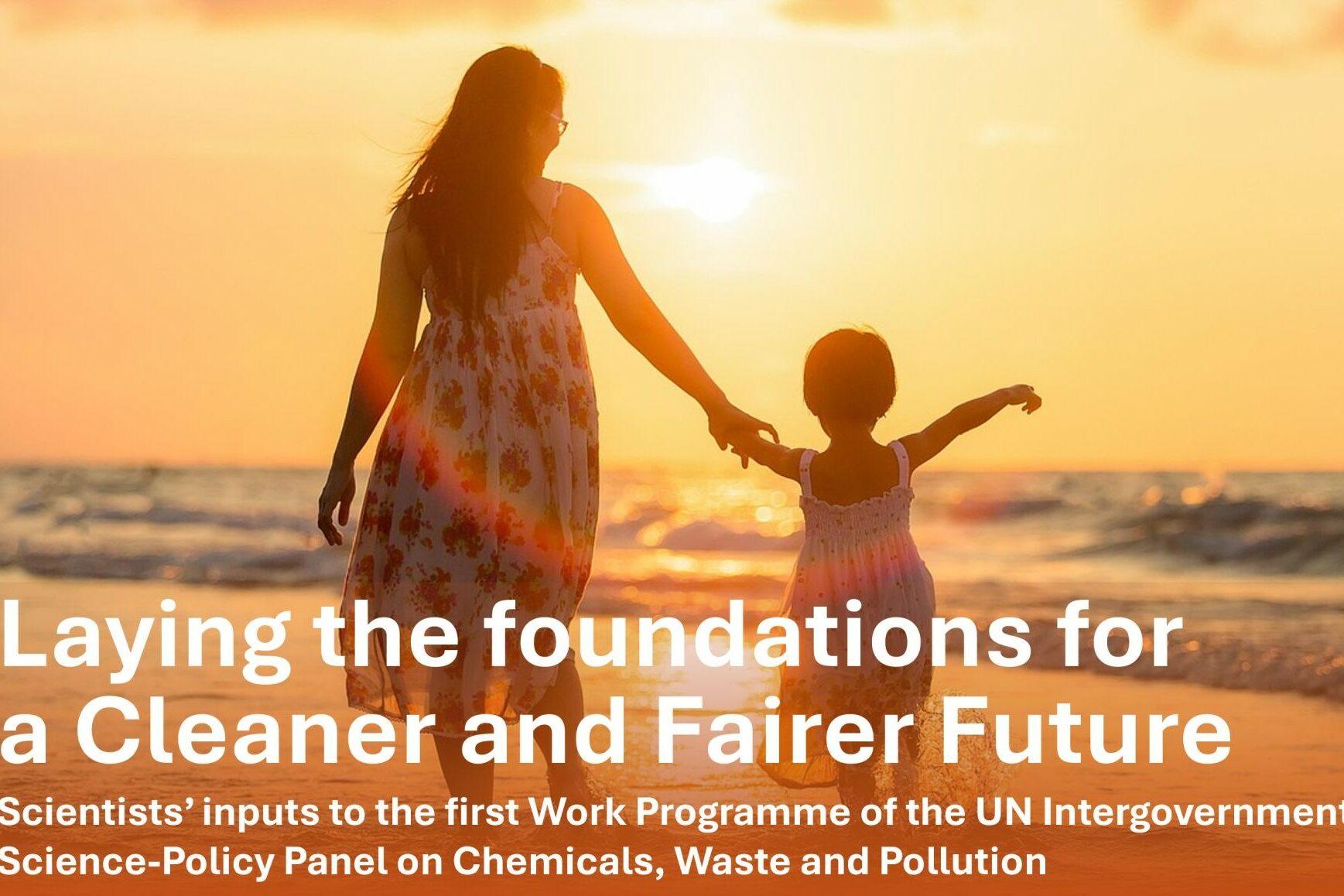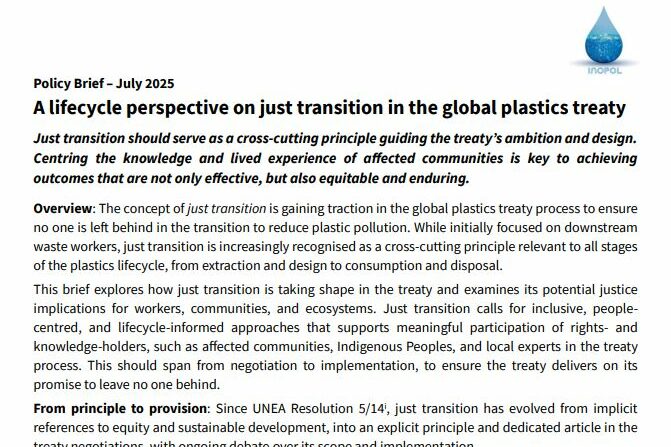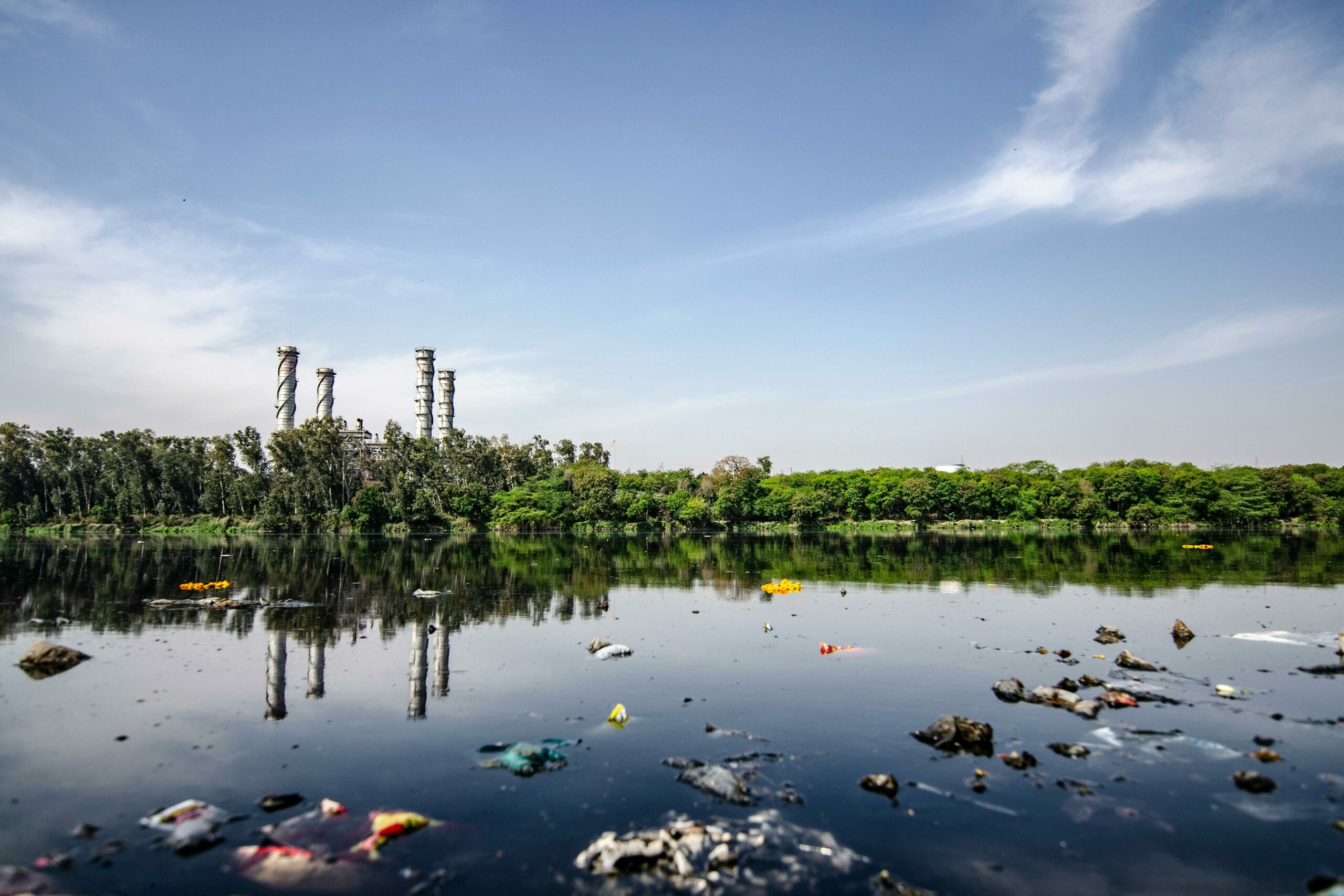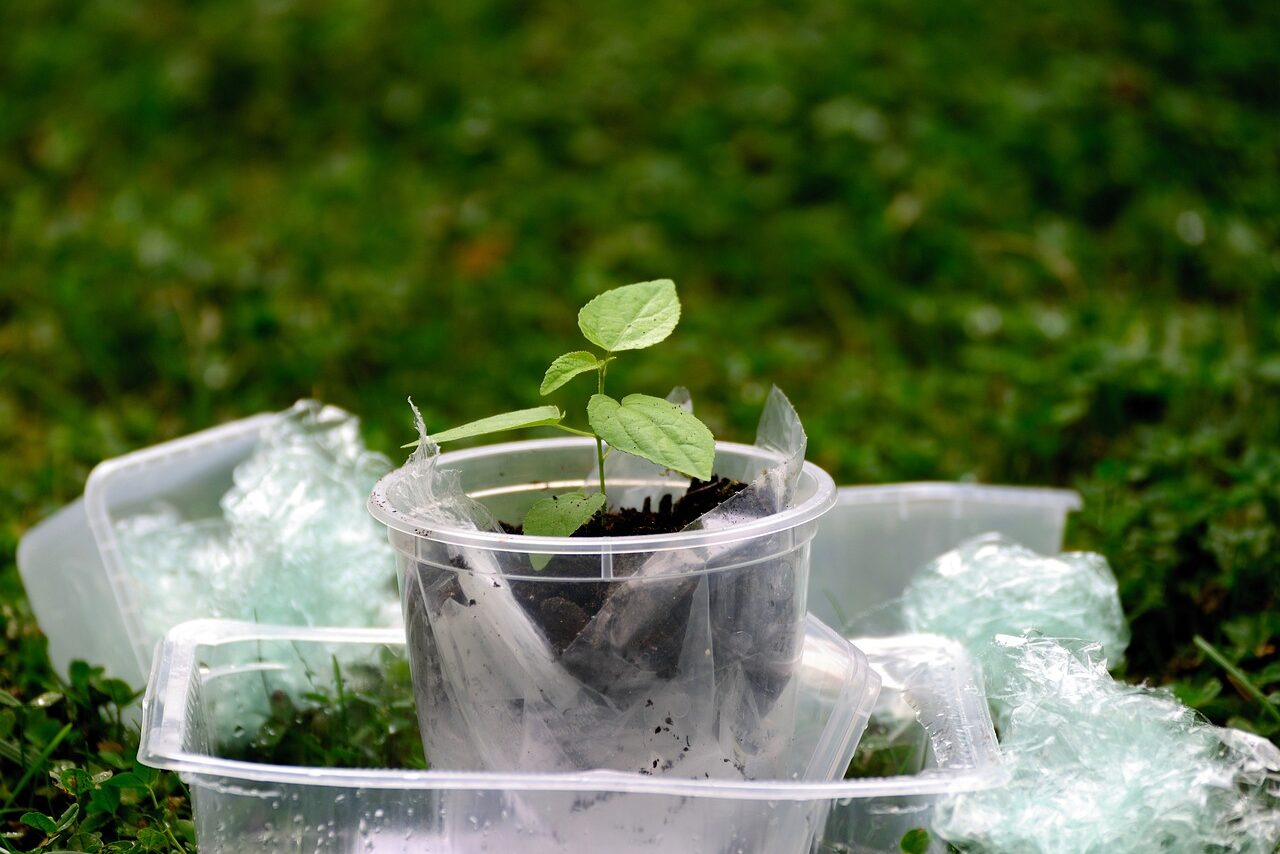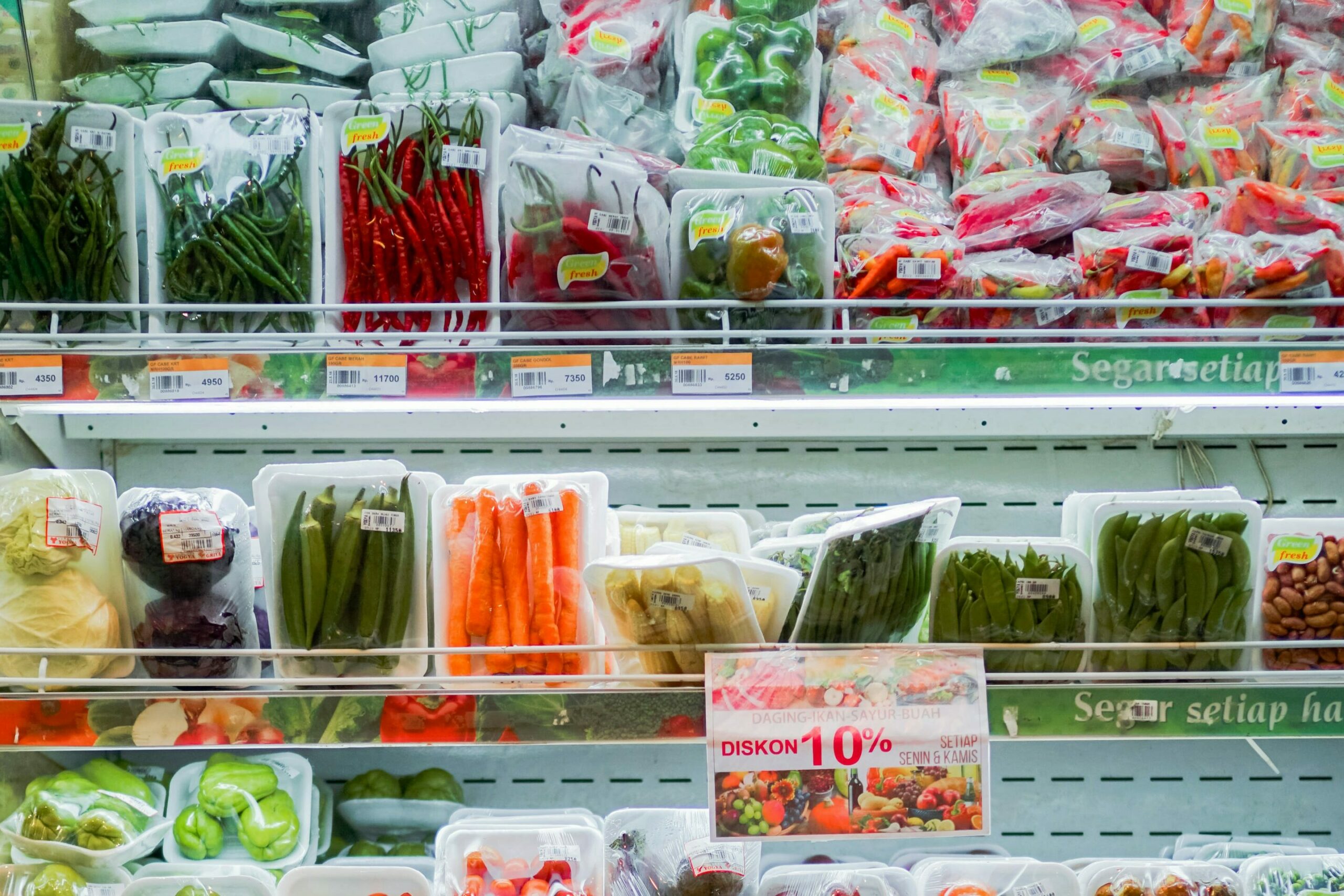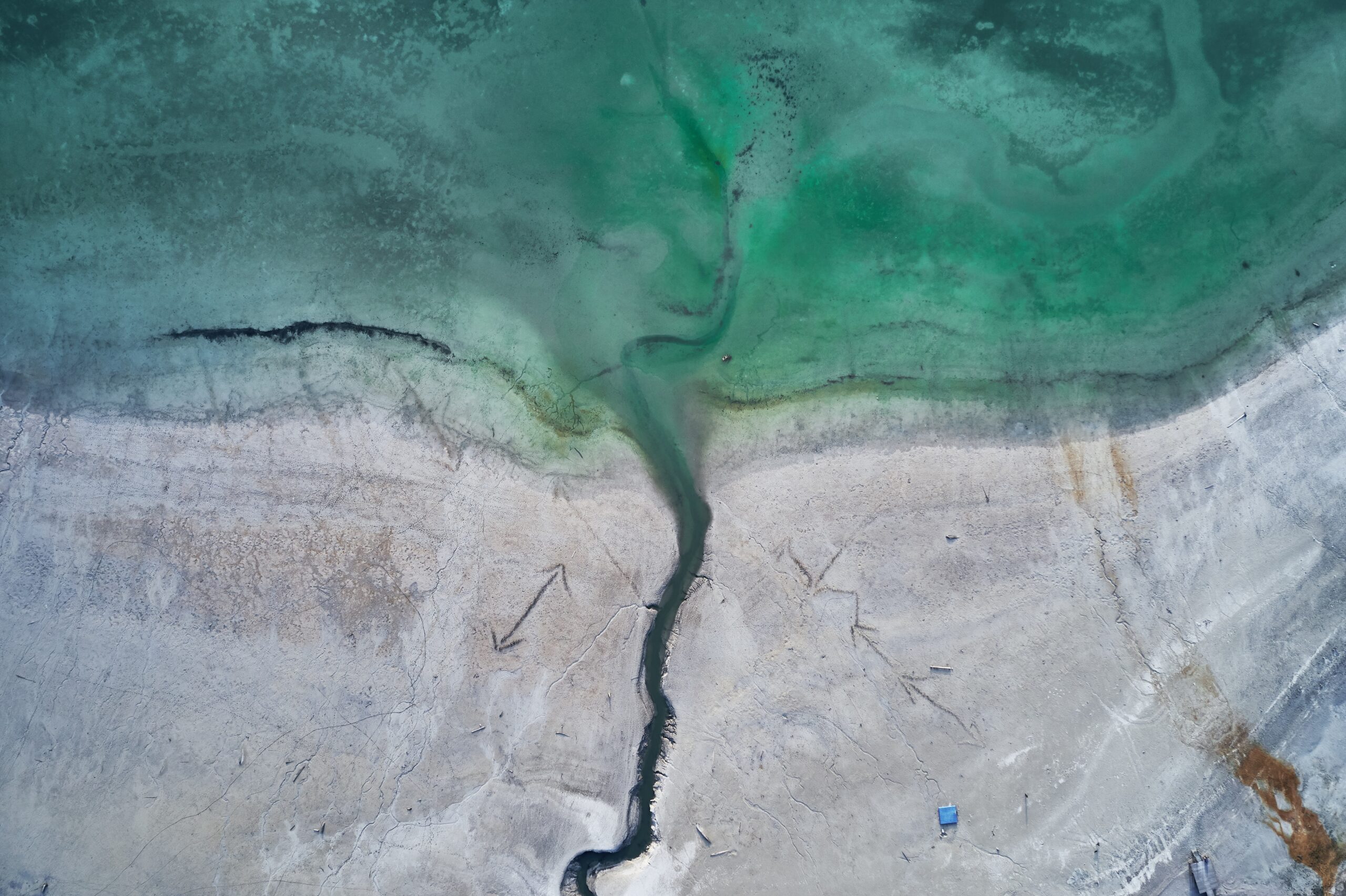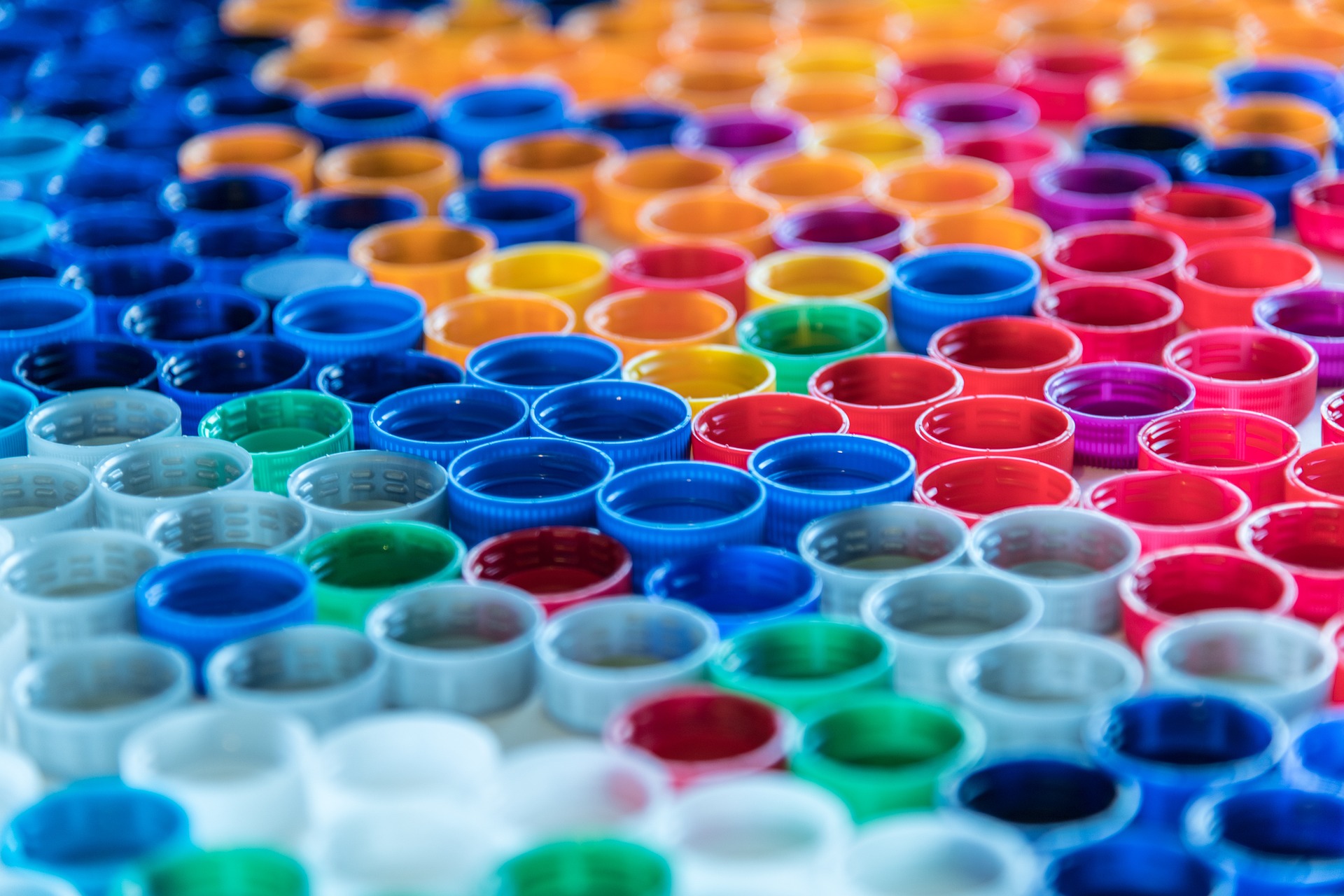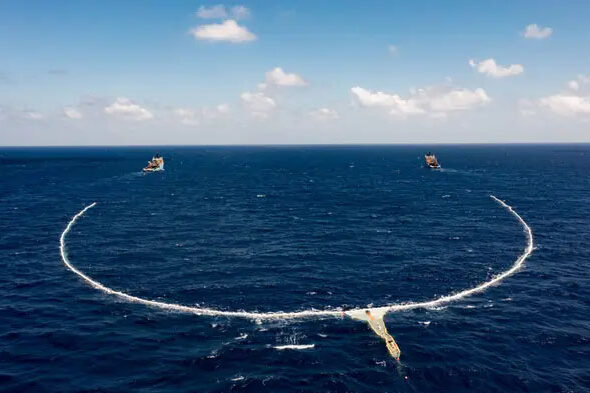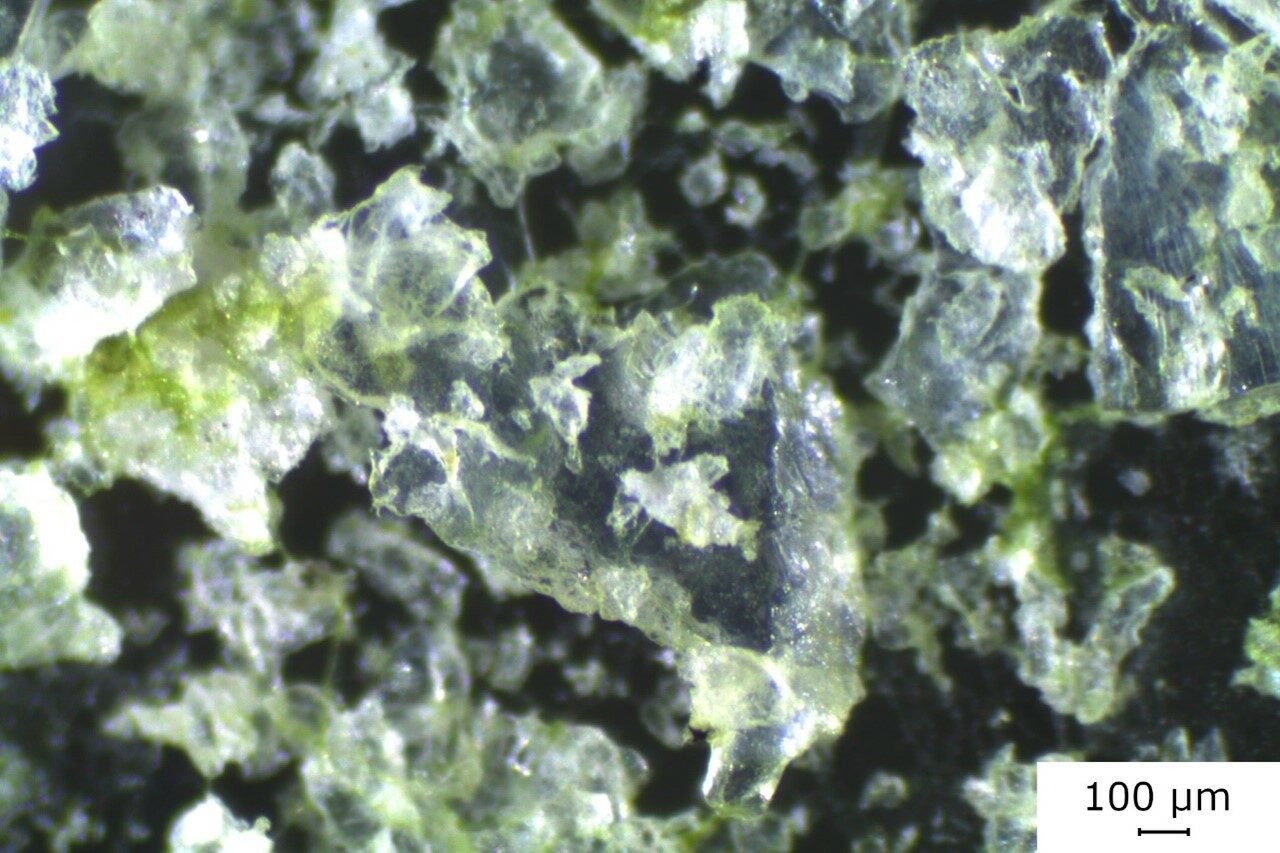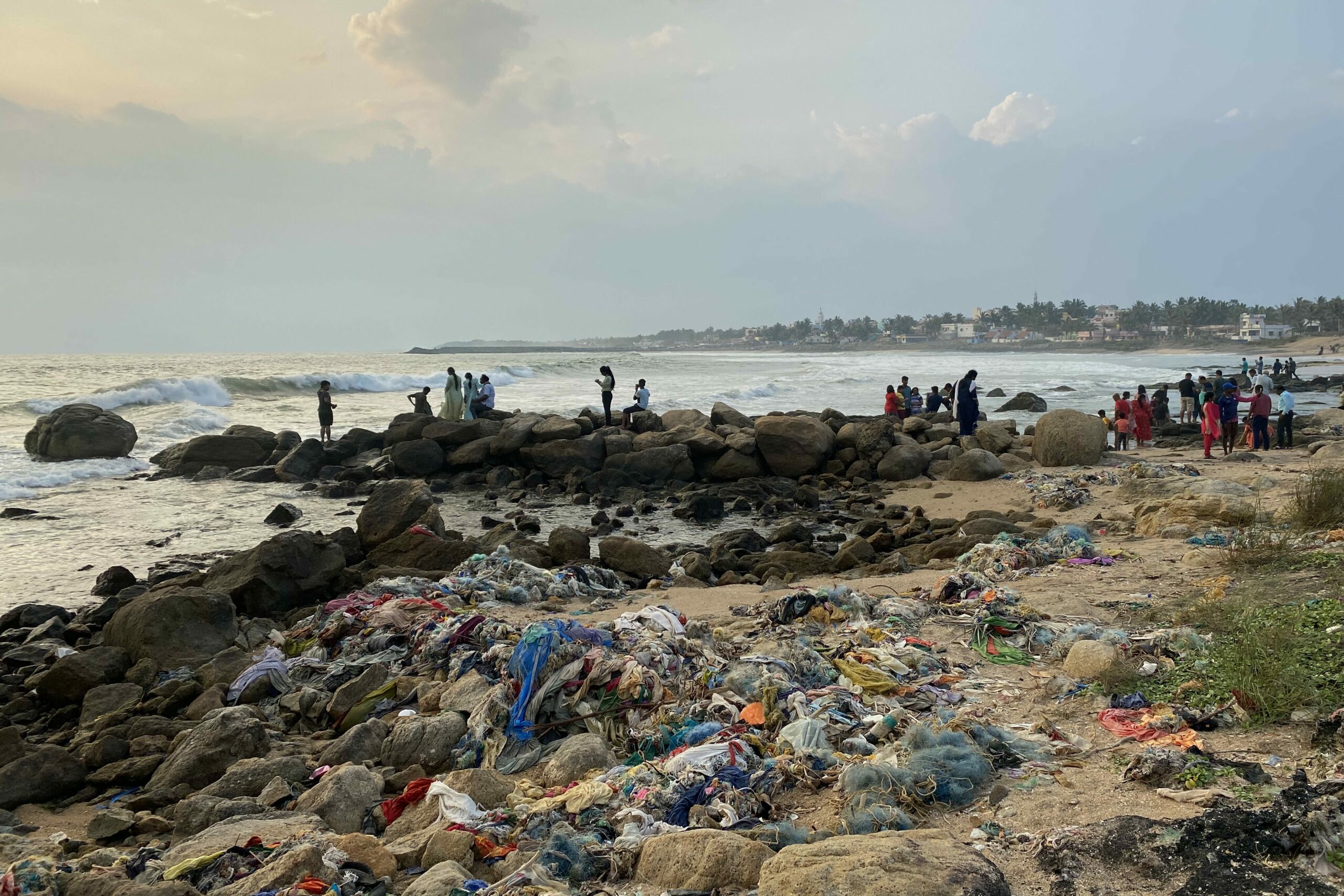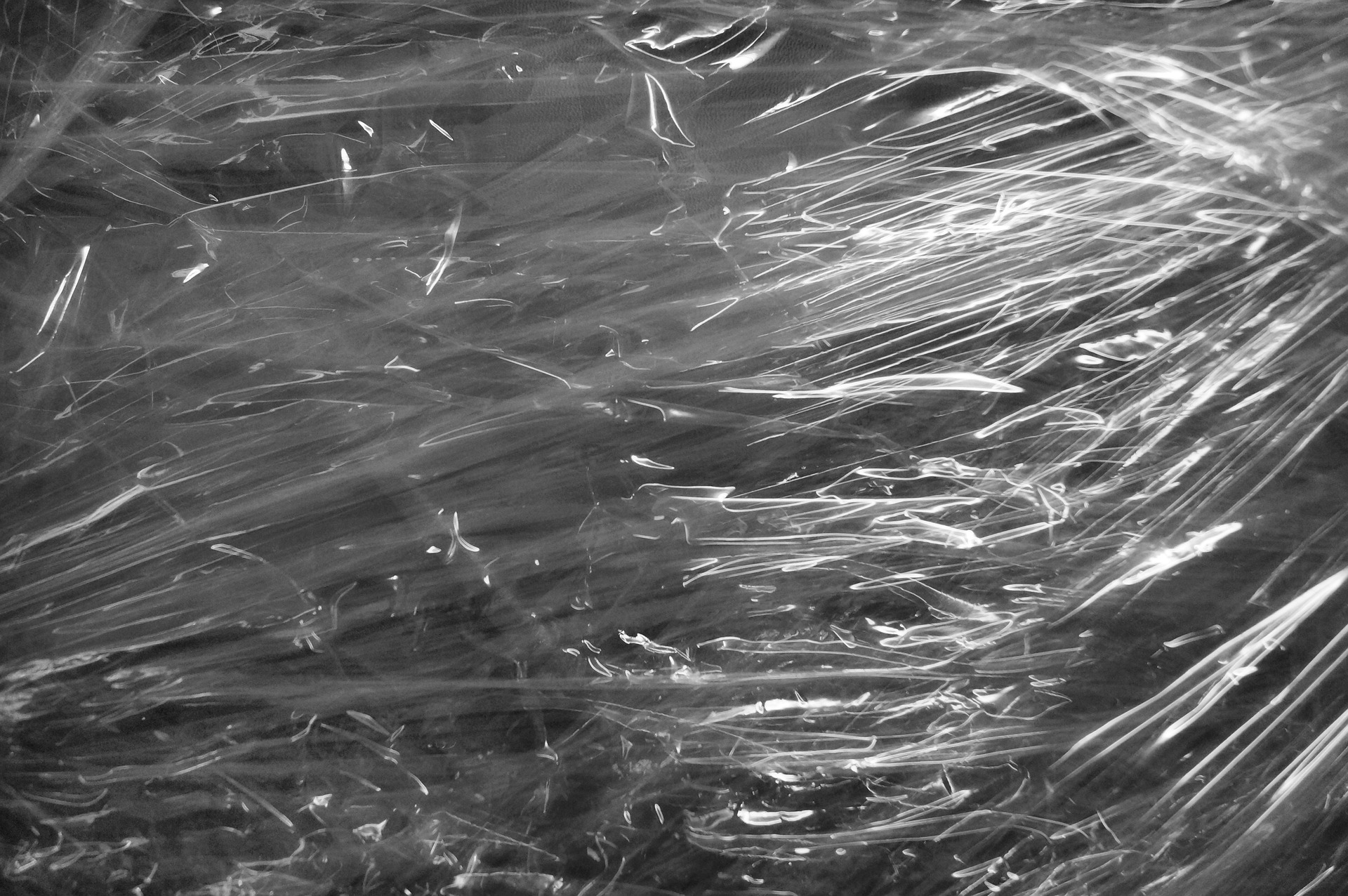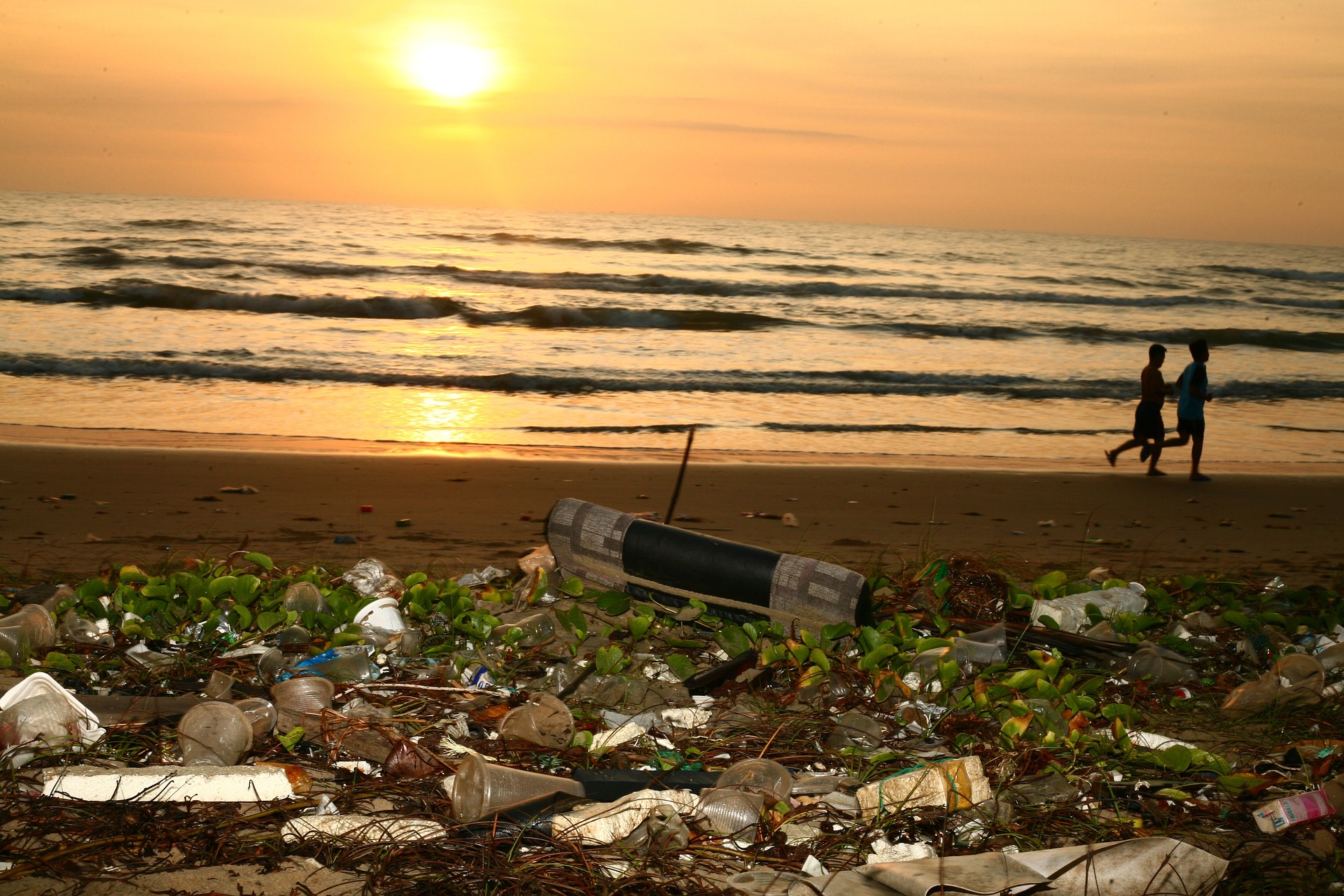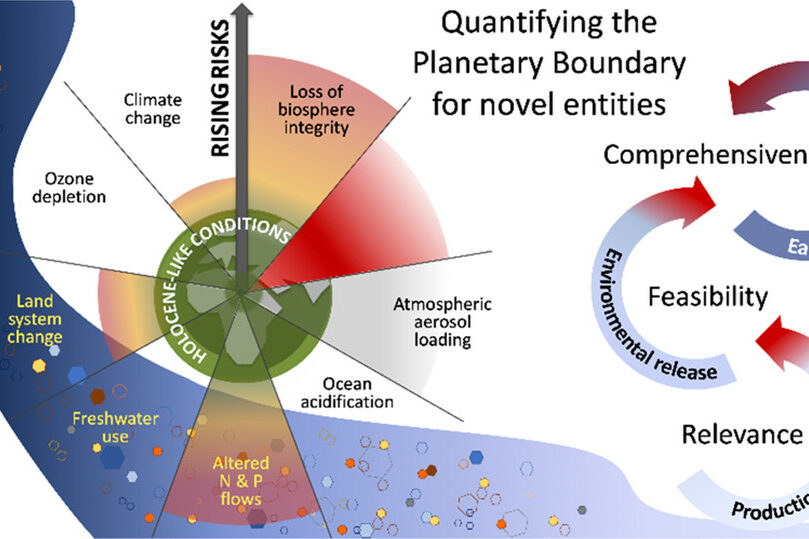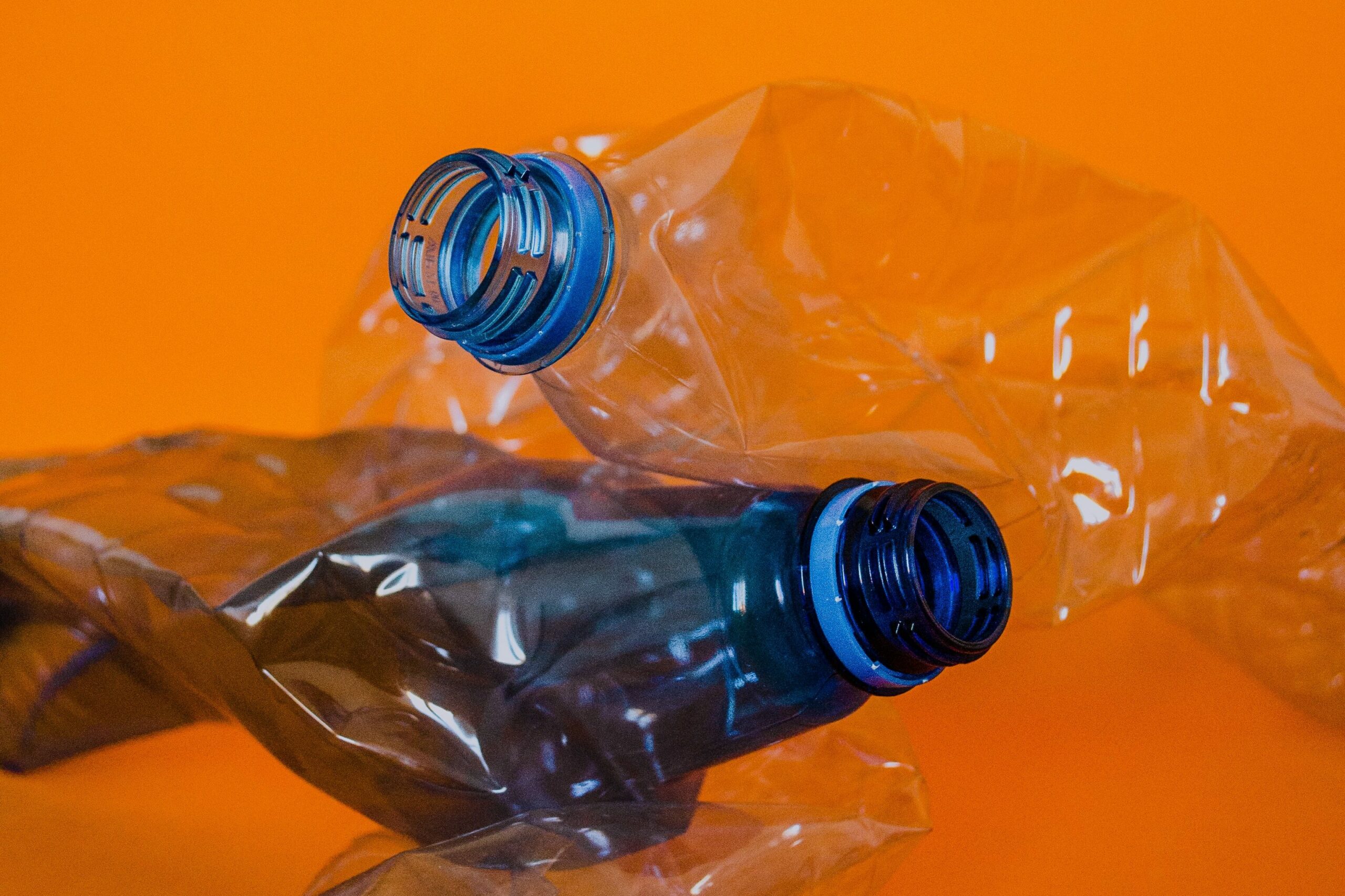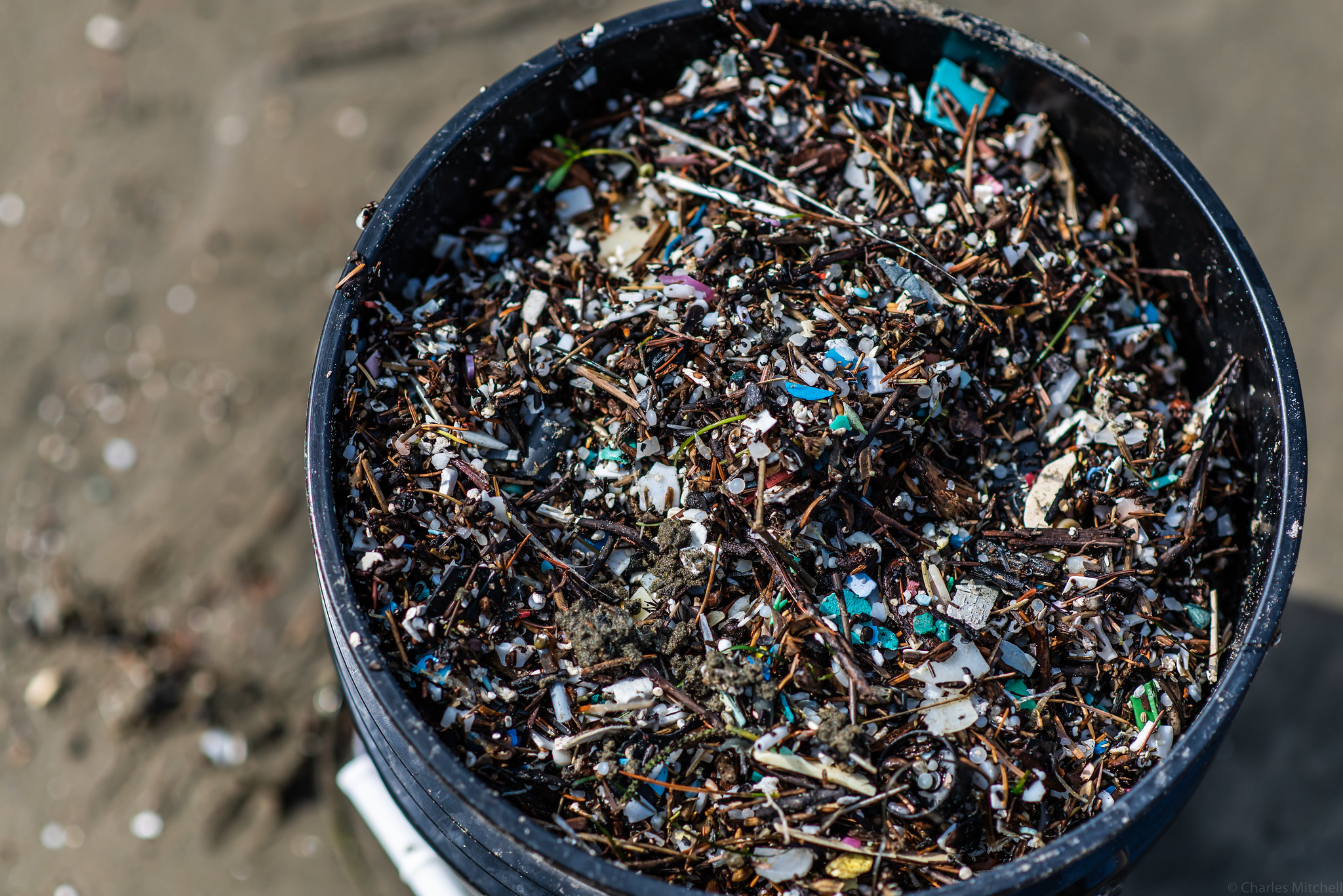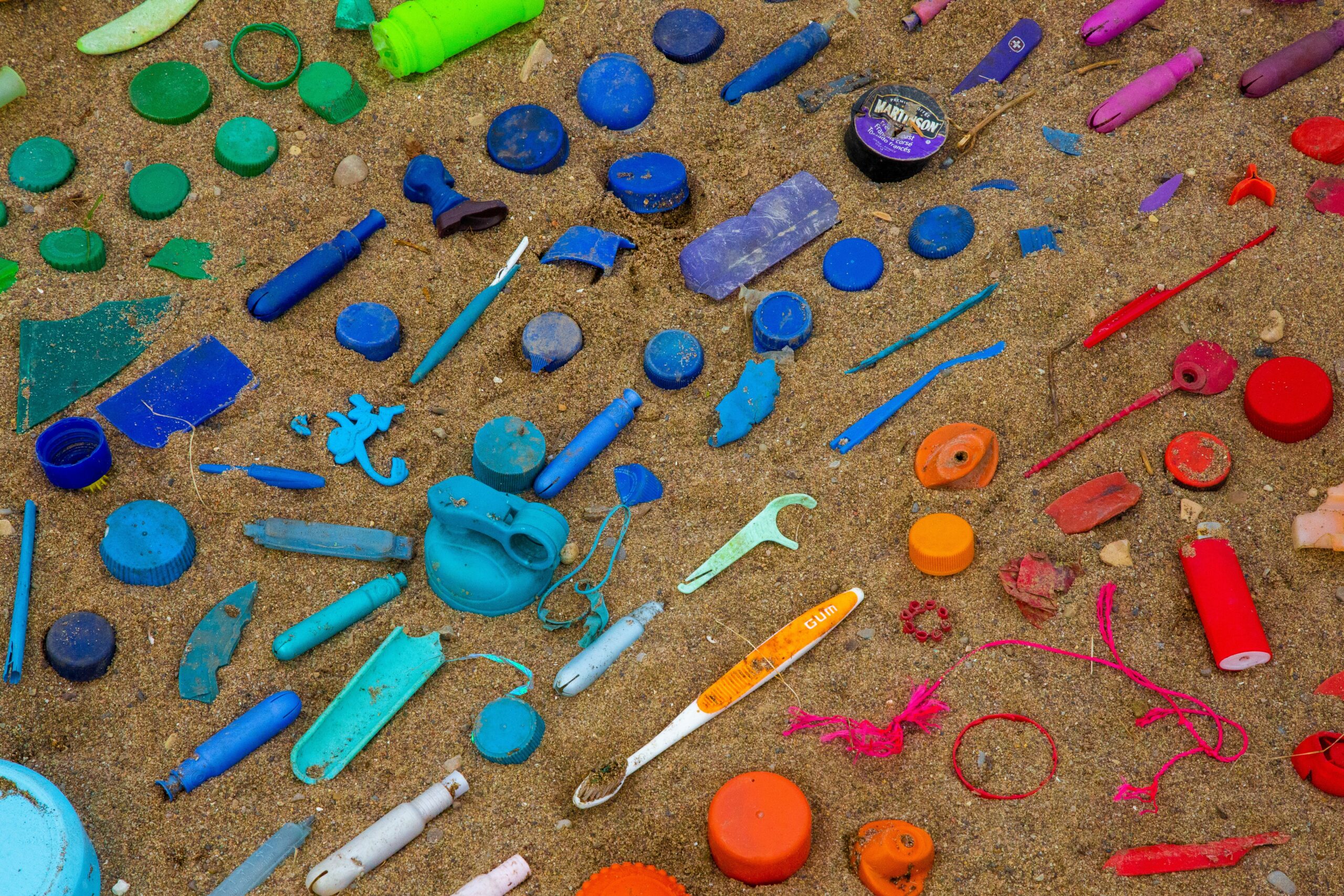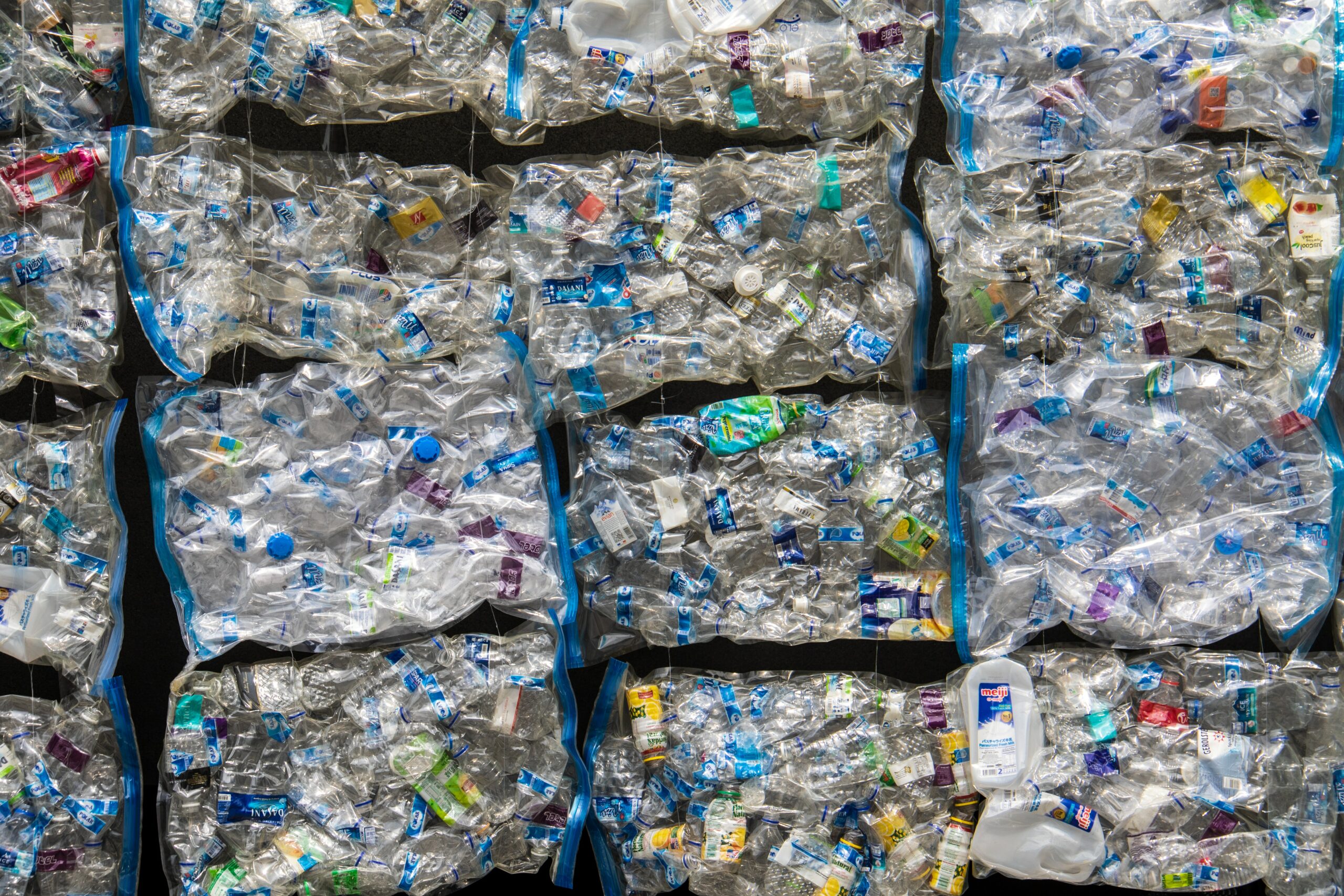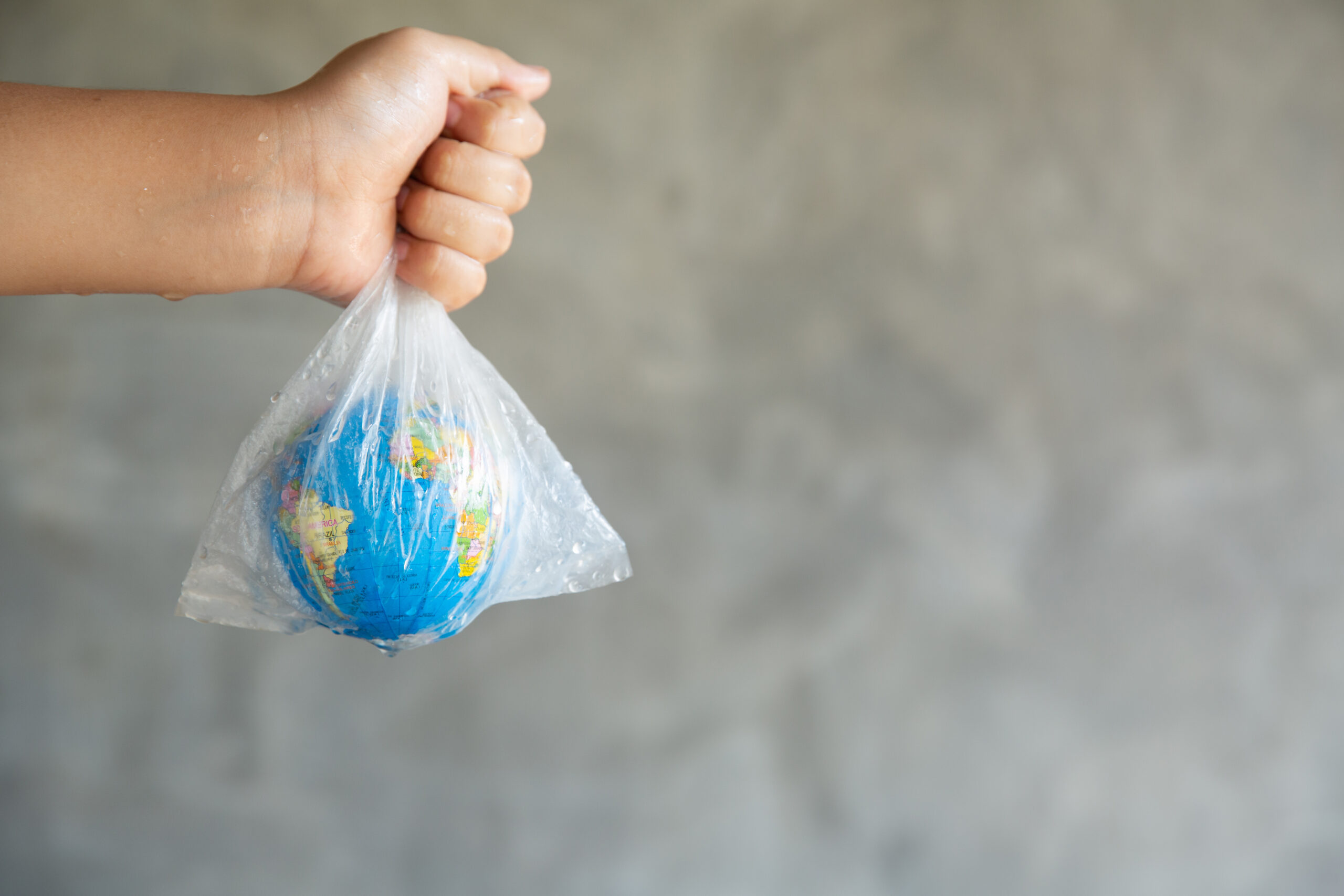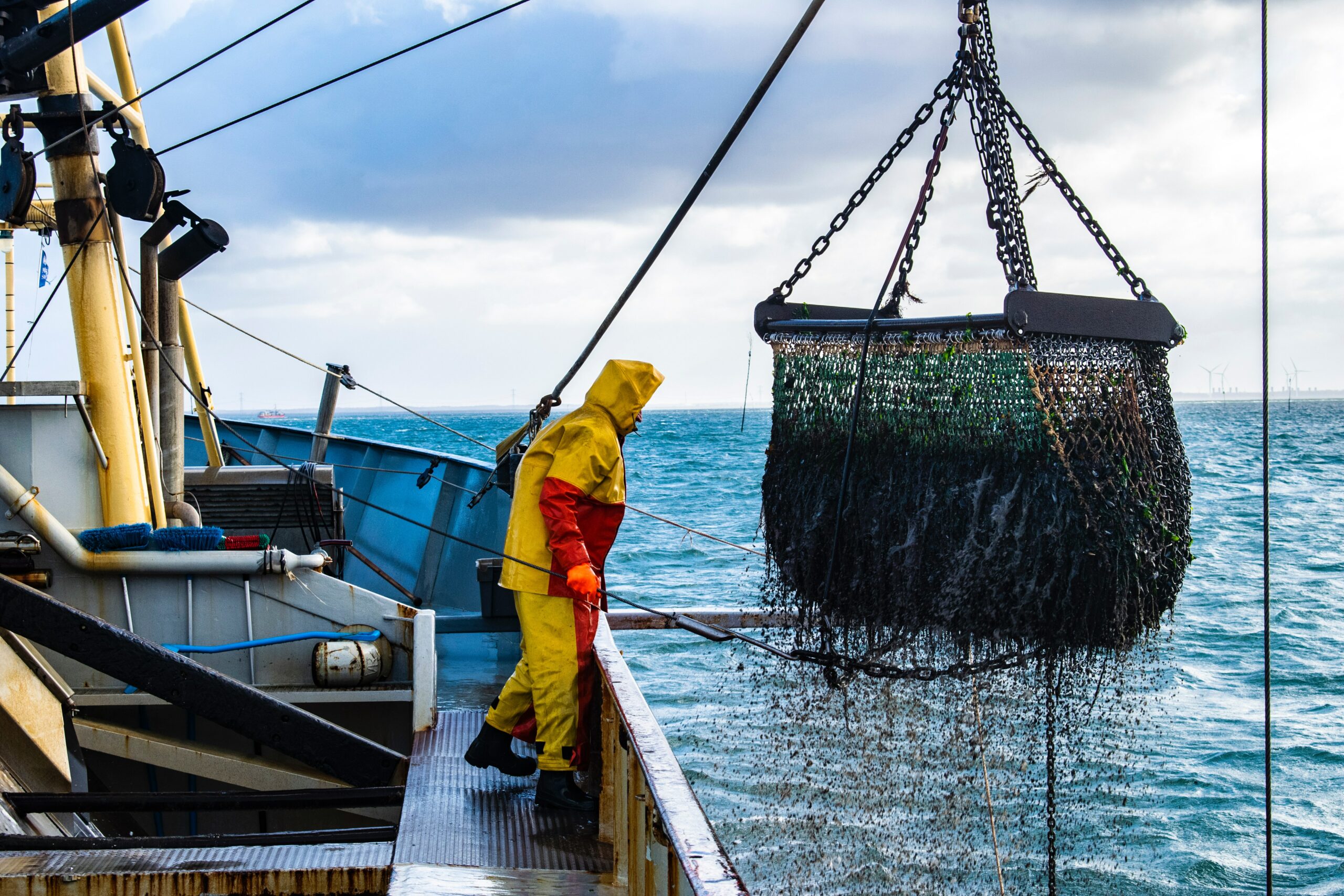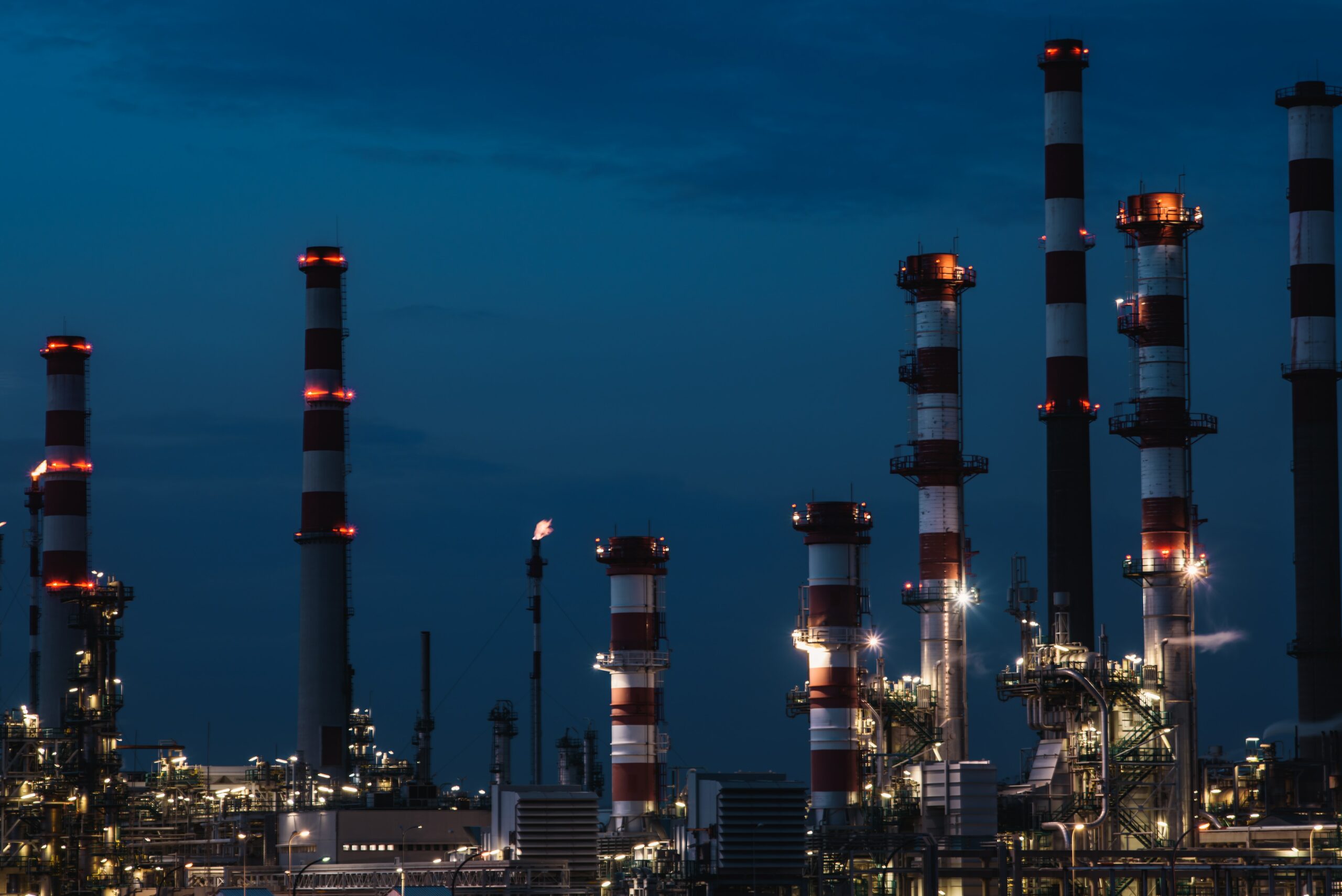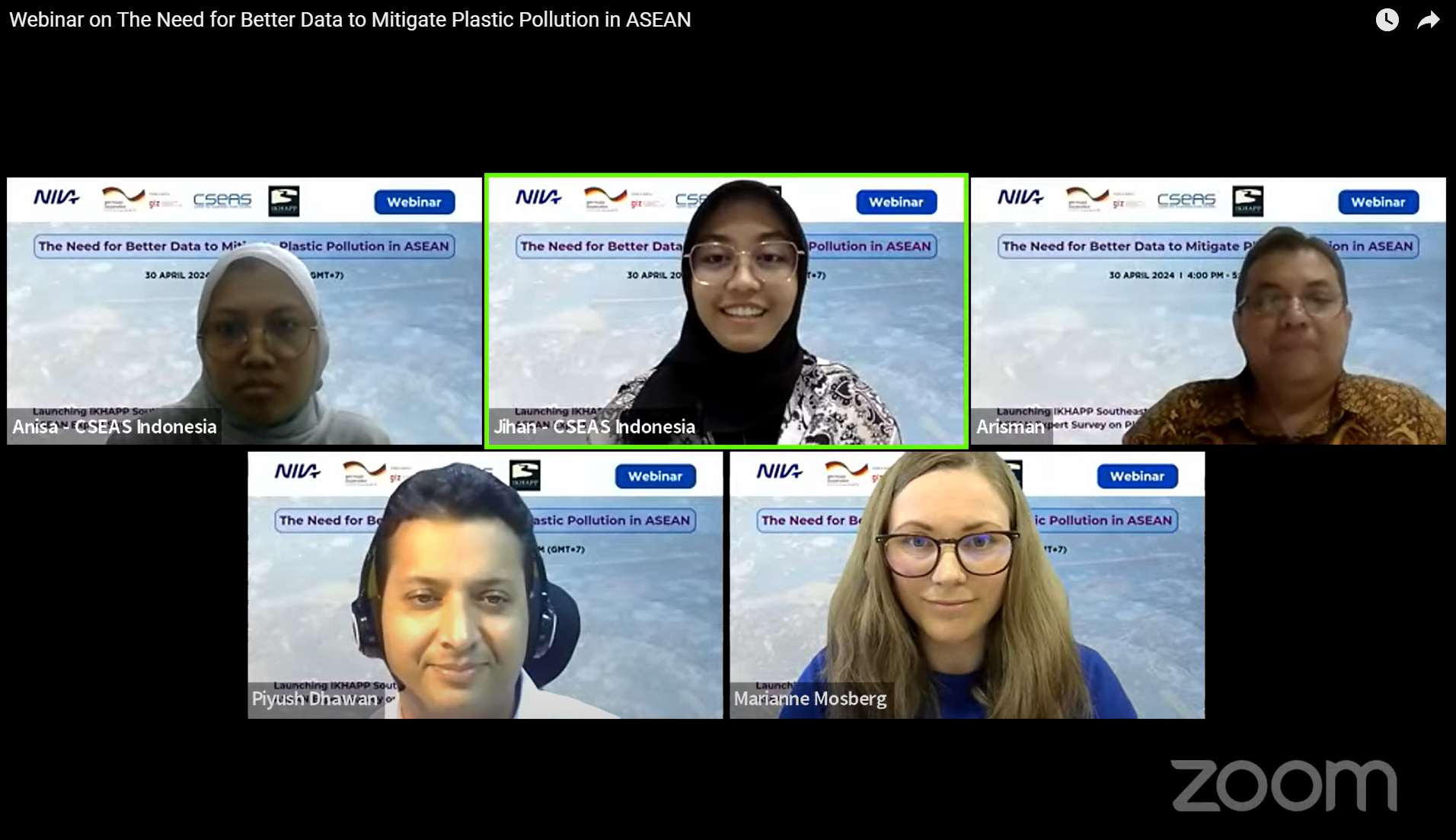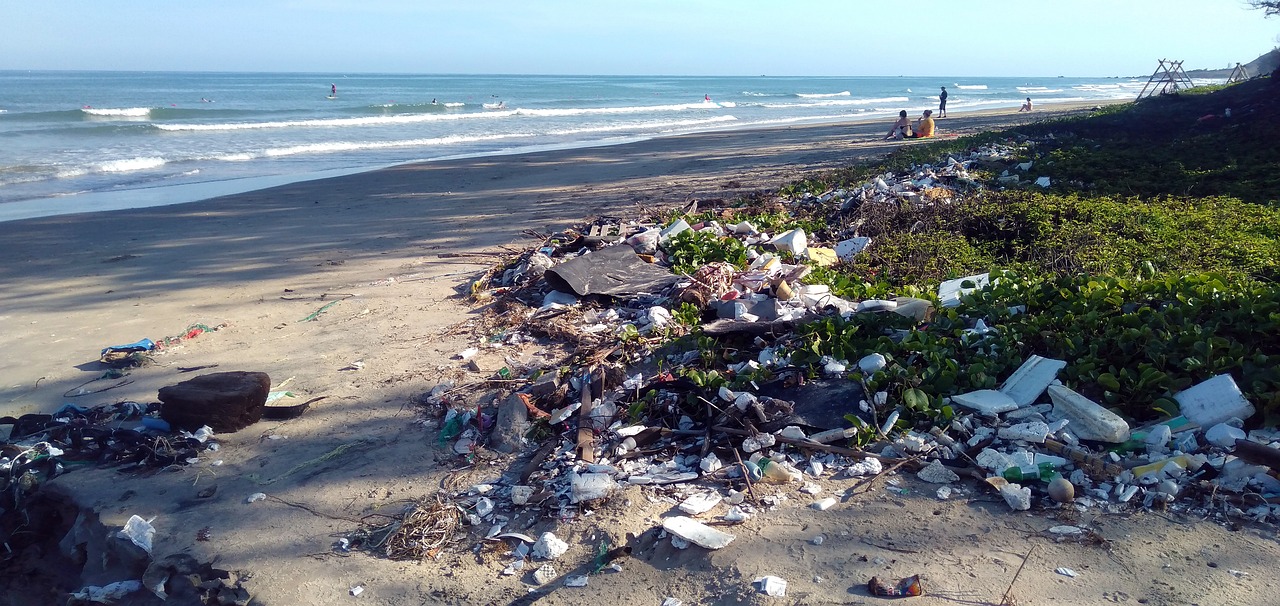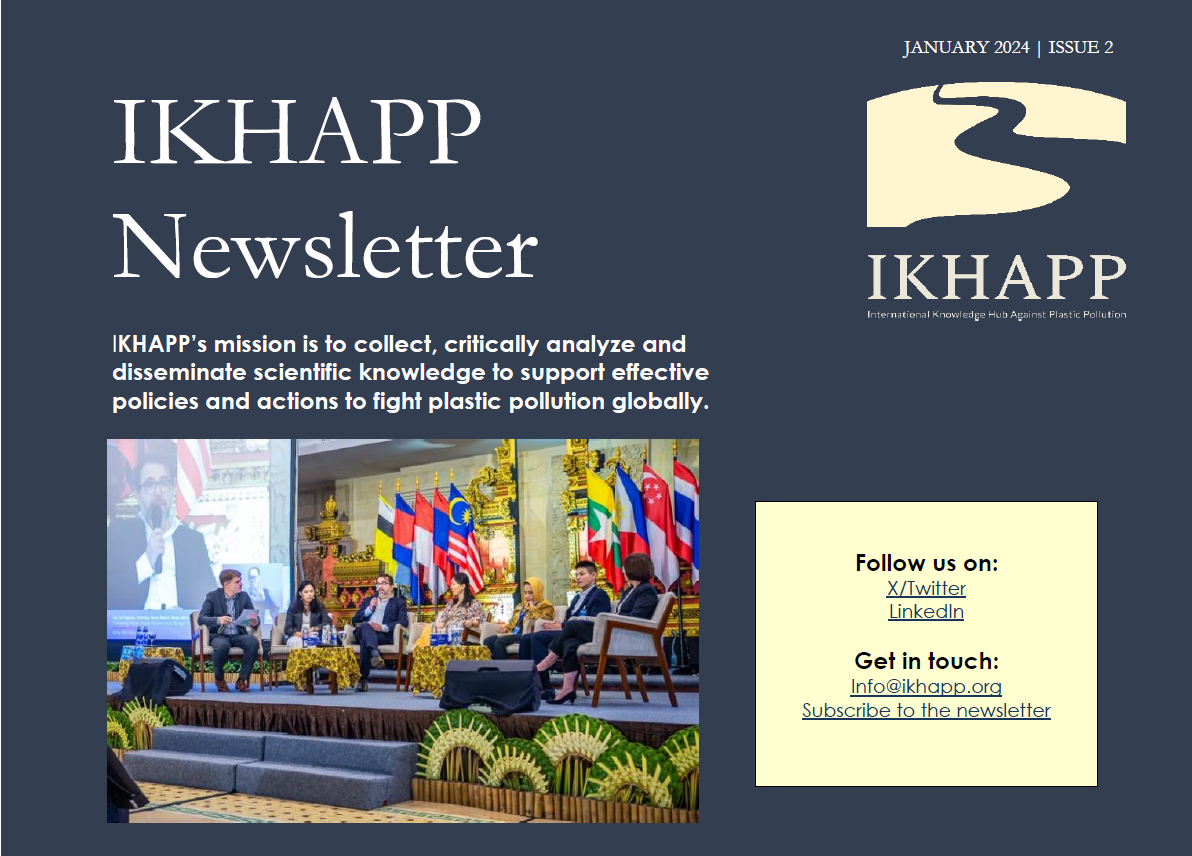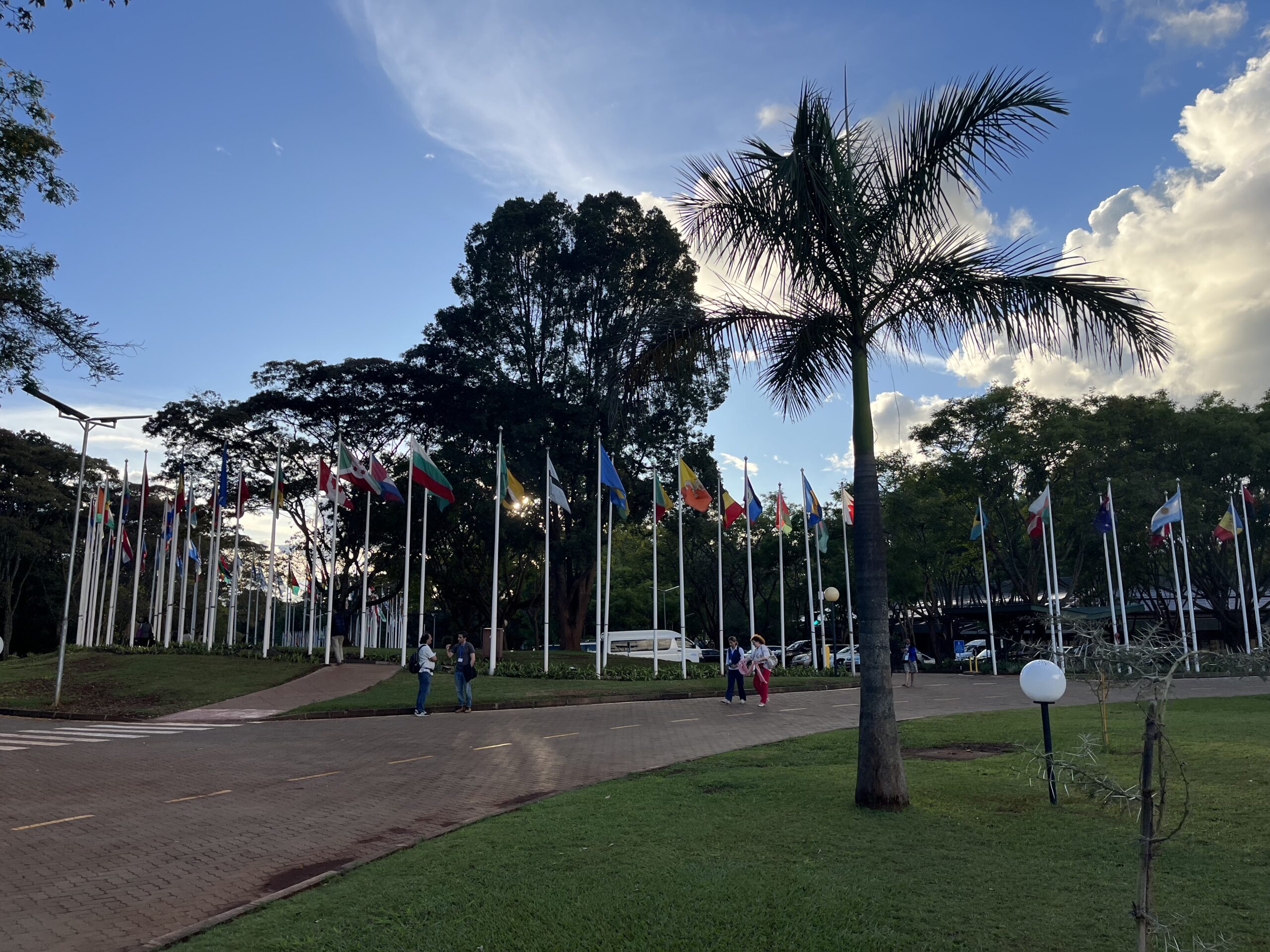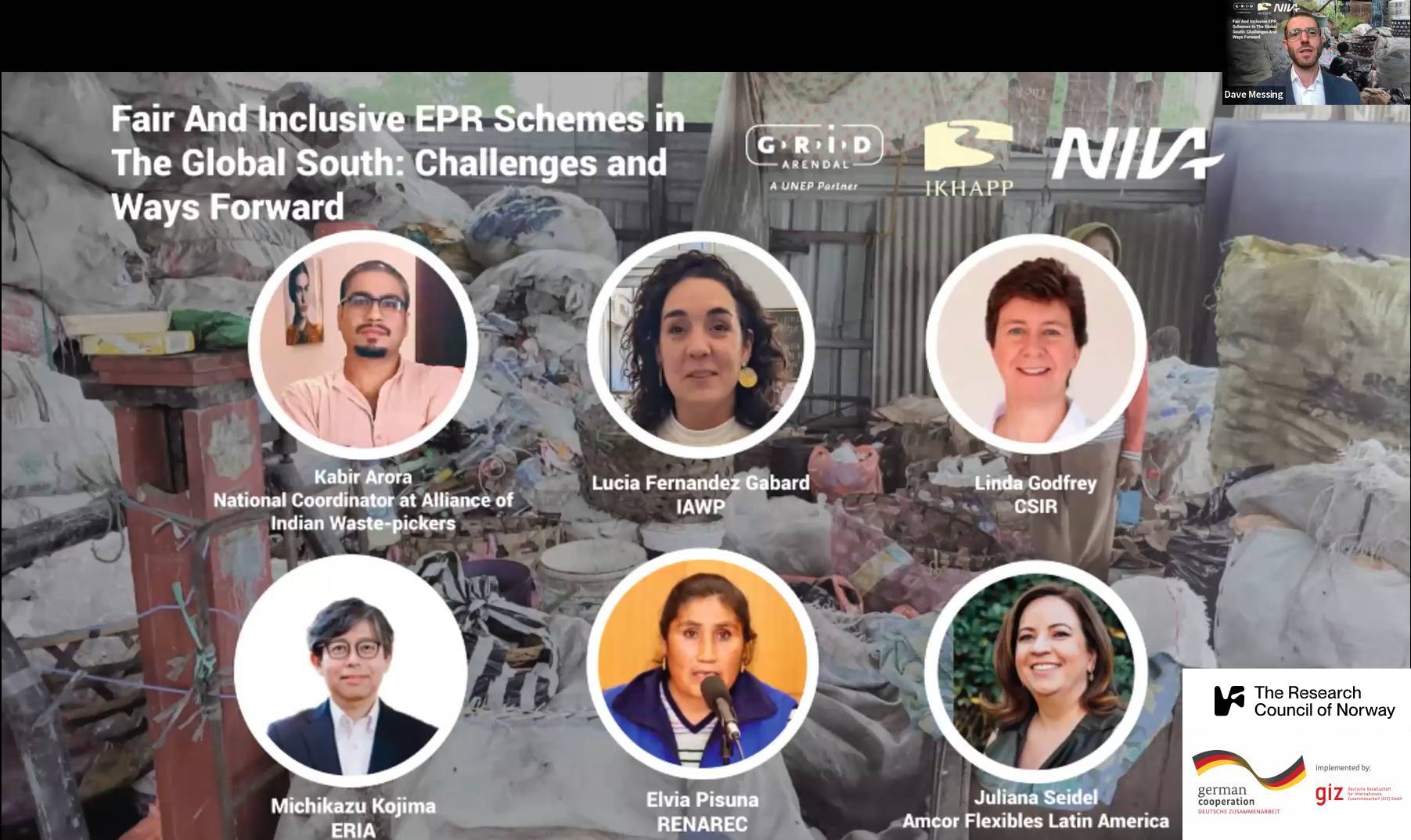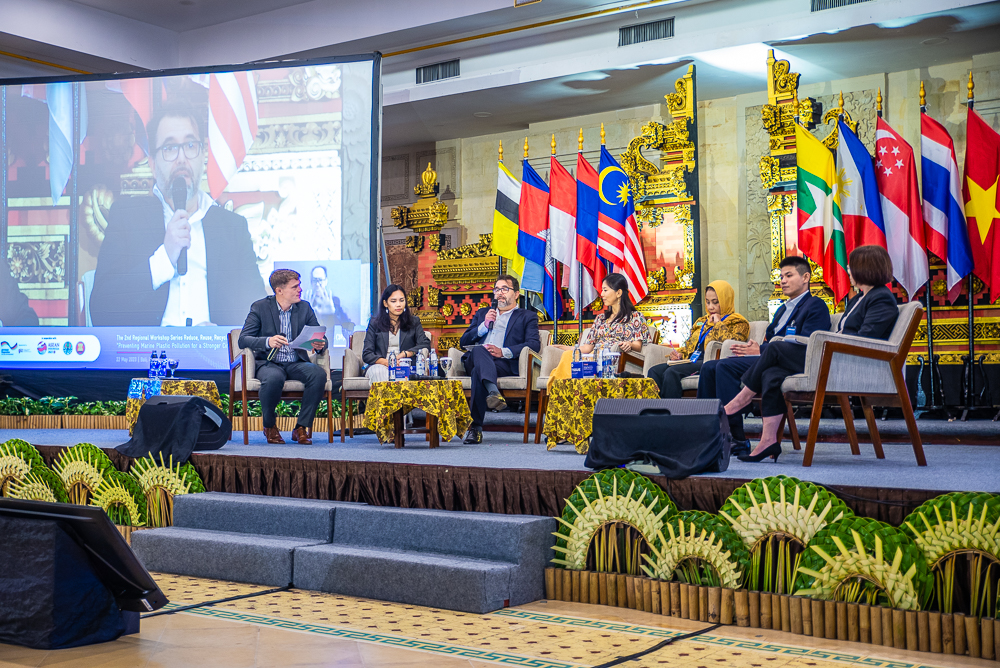IKHAPP aims to directly benefit stakeholders within the following three spheres: government actors (e.g policymakers, administrators), informal sector, and civil society (including NGOs, academic community, CBOs), with a specific focus on the ASEAN Region. With the support of IKHAPP’s expertise in scientific research and knowledge dissemination, it aims to collaborate on projects in the ASEAN region and make a significant contribution to the global fight against plastic pollution.
ASEAN (the Association of Southeast Asian Nations) promotes intergovernmental cooperation and integration between its ten member states in Southeast Asia and countries in the Asia-Pacific. Many ASEAN countries have experienced rapid development along with increasing consumption levels over the last decades, while waste management practices and systems have not kept pace with the socio-economic changes. In addition, plastic waste imports have aggravated this issue. This has led to a surge of mismanaged plastic waste and marine plastic pollution in the region and globally. Waste management in the region is highly dependent on millions of waste pickers and informal sector workers who gather, transport, sort and recycle plastic in small scale waste management facilities. Currently, most governments in the region have limited control on the impacts of plastic pollution, but several of the ASEAN countries have recently placed the fight against plastic pollution high on the political agenda and pilot measures are being developed and tested.
ASEAN-German Project: Reduce, Reuse, Recycle to Protect the Marine Environment and Coral Reefs (3RproMar)
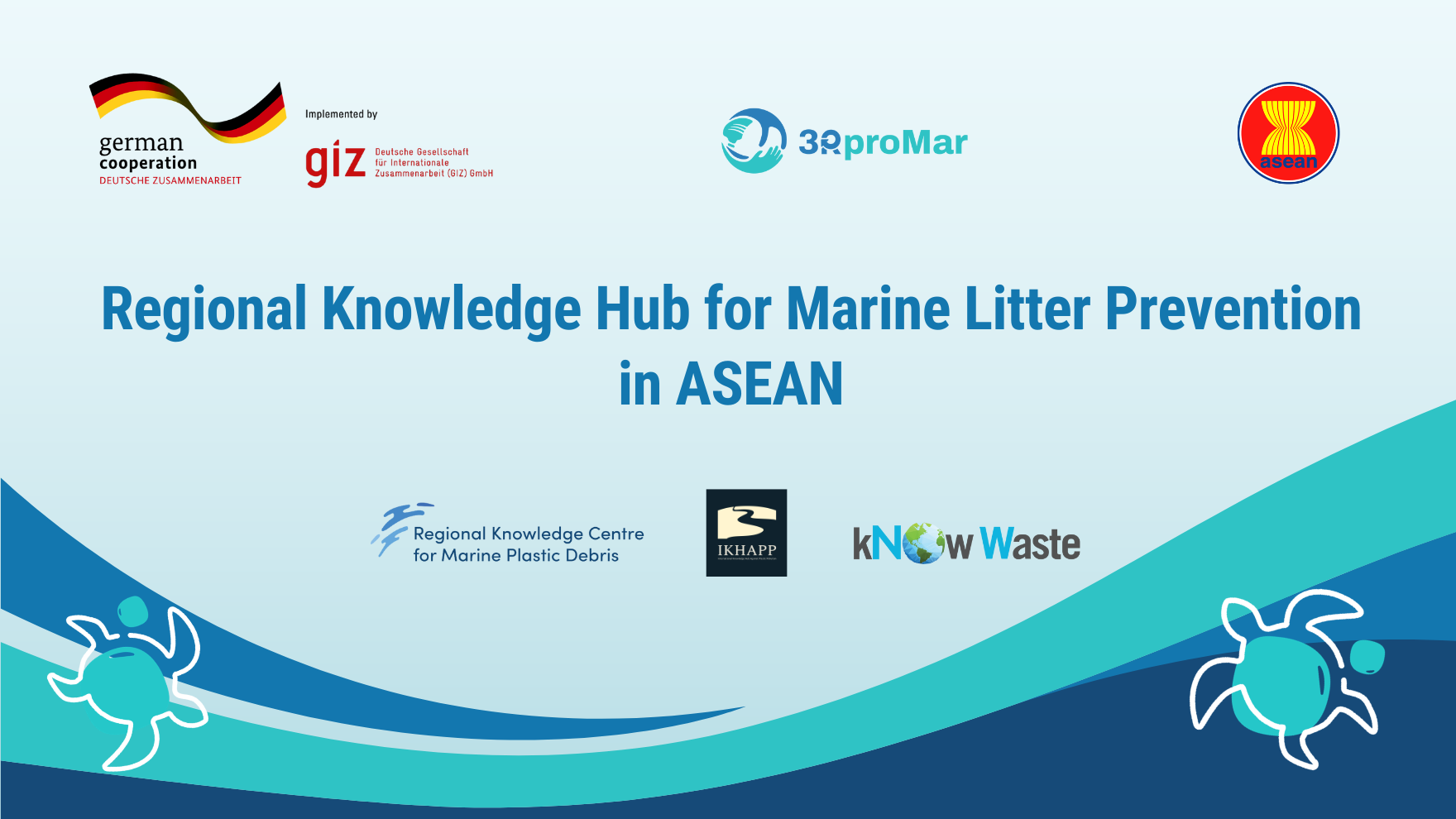
The ASEAN-GIZ project “Reduce, Reuse and Recycle to Protect the Marine Environment and Coral Reefs” (3RproMar) is being implemented by the Deutsche Gesellschaft für Internationale Zusammenarbeit (GIZ) GmbH on behalf of the German Federal Ministry for Economic Cooperation and Development (BMZ) in cooperation with the ASEAN Secretariat. The project aims to support the ASEAN Framework of Action on Marine Debris and the ASEAN Regional Action Plan (RAP) for Combating Marine Debris by enhancing regional cooperation and knowledge management among the relevant ASEAN working groups addressing marine litter and plastic pollution, namely the ASEAN Working Group on Coastal and Marine Environment (AWGCME), the ASEAN Working Group on Chemicals and Waste (AWGCW), and the ASEAN Working Group on Environmentally Sustainable Cities (AWGESC). The four focus countries of the project are Indonesia, Philippines, Viet Nam, Cambodia.
One of the objects of the 3RproMar, project which IKHAPP will be centrally involved in, aims to ensure that representatives of the three ASEAN working groups have a better understanding of approaches to reducing land-based sources of marine litter. This objective is in line with the ASEAN Framework of Action (Framework II: Research, Innovation and Capacity Building) and responds directly to one of the 14 actions in the ASEAN Regional Action Plan, i.e., Action 8 aiming to strengthen existing regional knowledge networks on marine plastics and to make policy-relevant information on marine litter prevention more readily available to the region’s policymakers.
IKHAPP will work closely with GIZ, the ASEAN secretariat and two partners with complementary expertise and focus areas, namely the Regional Knowledge Centre for Marine Plastic Debris, Regional Resource Centre for Asia and the Pacific (RRC.AP) and the kNOwWaste Knowledge Platform. By forming a partnership, coordinating their ongoing activities, and collaborating on new initiatives, these organisations are expected to be more successful in meeting their objectives and be able to serve the ASEAN policy community more effectively.

